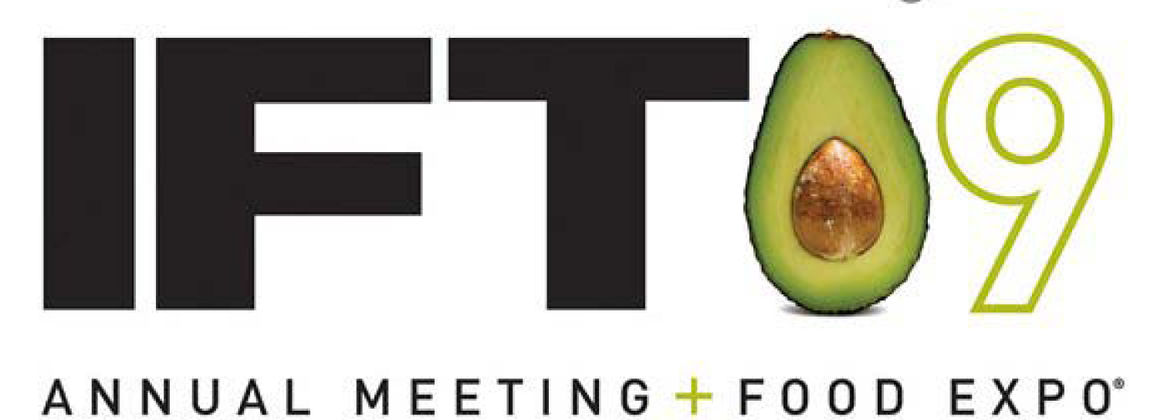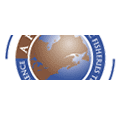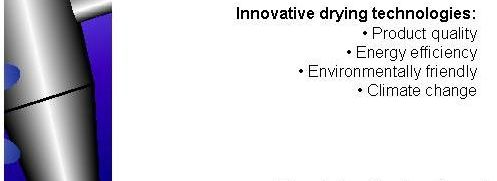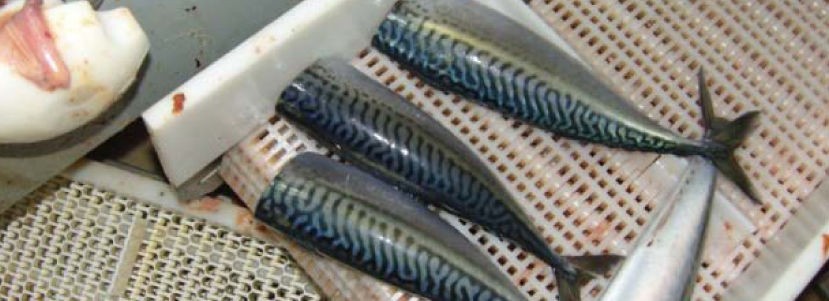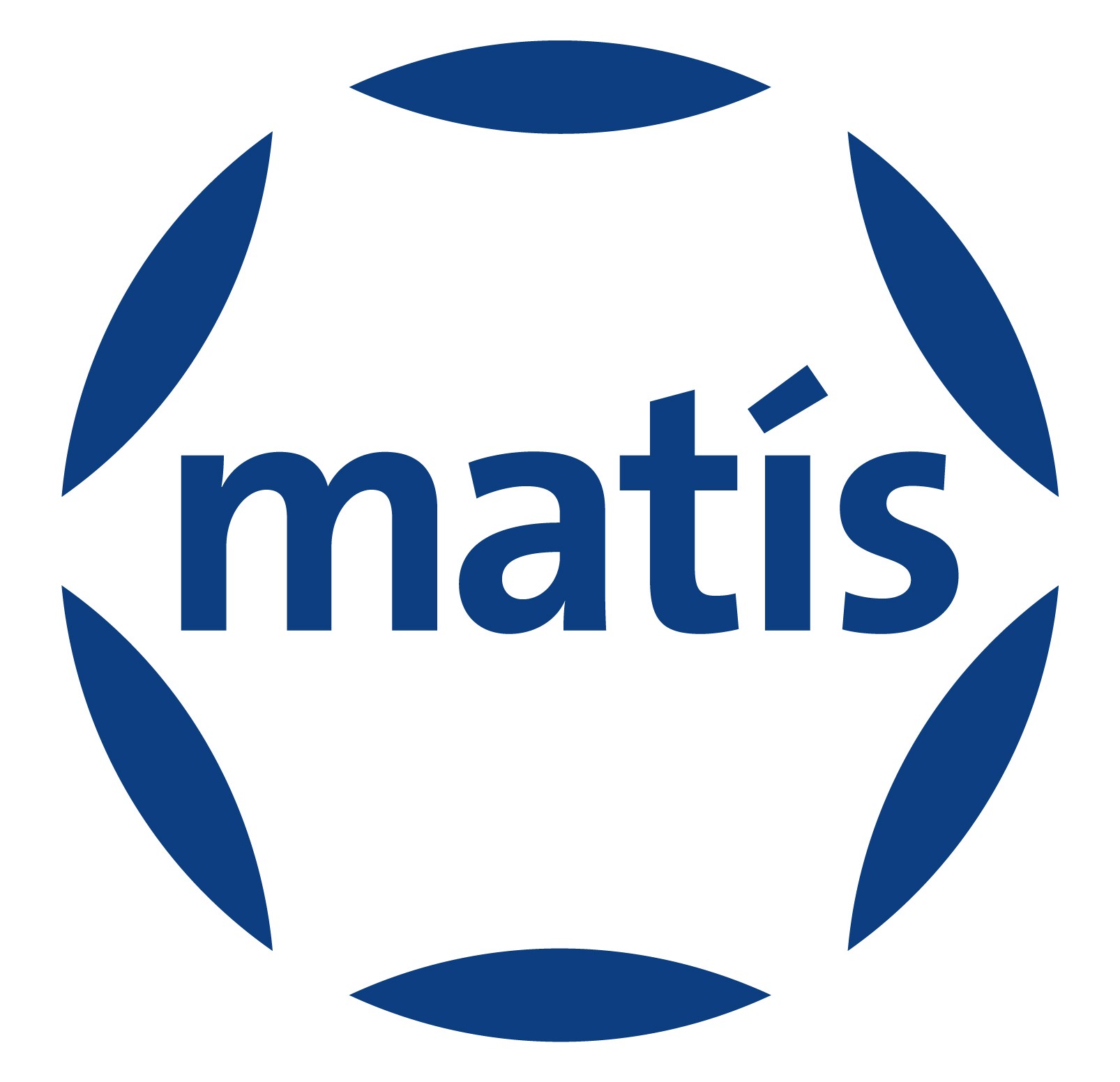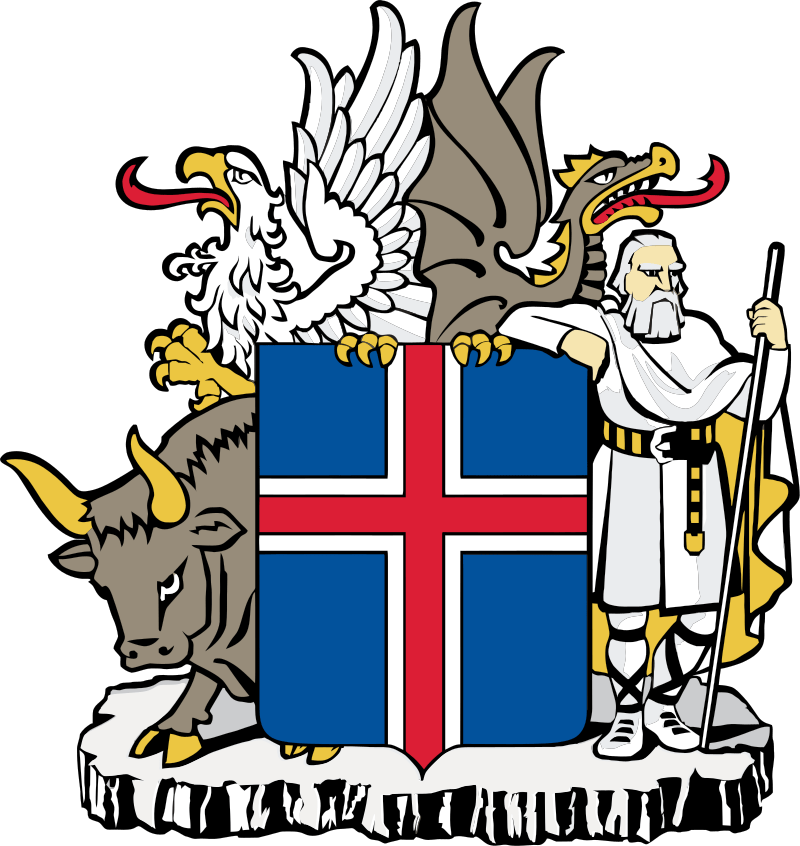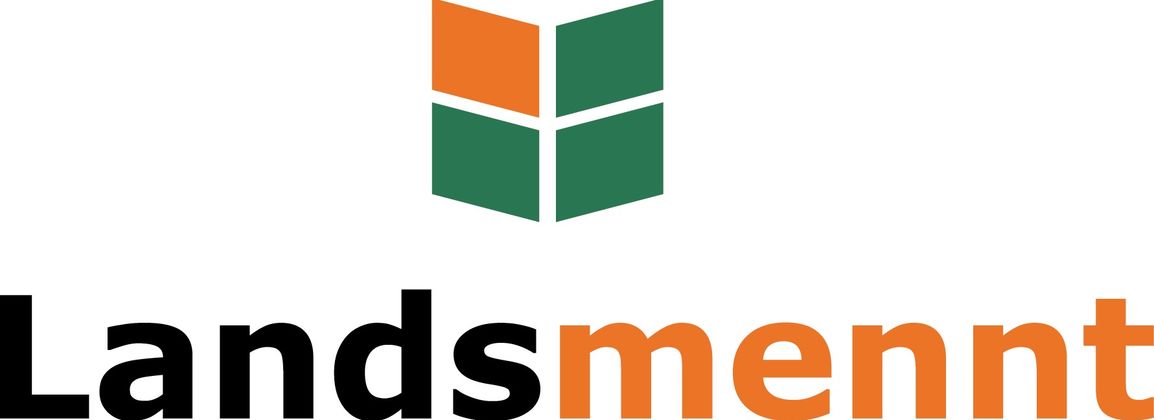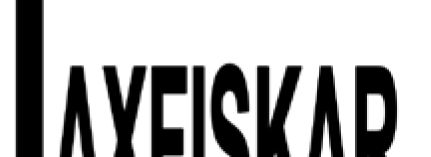Matís research presented at an international conference in the United States
Árleg ráðstefna Institute of Food Technologists (IFT) var haldin í fyrstu viku júnímánaðar. Þar voru rannsóknir Matís kynntar og var […]
Matís research presented at an international conference in the United States Nánar »
